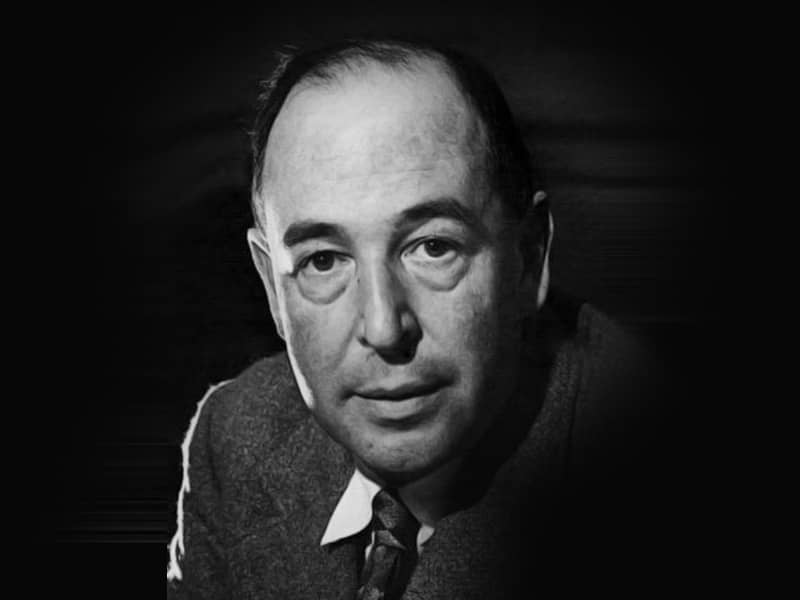To make sense of Edwards' life, one must take seriously his religious outlook on his own terms. That might be said of any figure with strongly held views, but the point needs to be underscored regarding Edwards for several reasons. Because Edwards is associated with a number of living Christian traditions, current opinions about him are likely to be shaped by our reactions to those religious movements.
Edwards was loyal to the theology inherited from the 17th-century Puritans and their continental ``Reformed," or Calvinistic, counterparts, and he was pivotal in the emergence of international evangelicalism in the 18th century. Puritanism and Calvinism have always elicited strong reactions regarding their role in American history. Evangelicalism now comes in so many energetic varieties that it is difficult to view one of its progenitors without looking through the lens of later popularizations. Edwards anticipated some traits of later evangelicals, but the facts that he was a Calvinistic thinker, that he was rigorously intellectual, and that he was working in an eighteenth-century context make him very different from his evangelical heirs. Our challenge is to try to step into his world and to understand it in terms that he himself would recognize.
The central principle in Edwards' thought, true to his Calvinistic heritage, was the sovereignty of God. The triune eternally loving God, as revealed in Scripture, created and ruled everything in the universe. Most simply put, the sovereignty of God meant that if there were a question as to whether God or humans should be given credit for anything good, particularly in matters of salvation, the benefit of the doubt should always go to God.
Edwards avoided allowing God's rule to be thought of as a distant abstraction, as it could become. Rather, he emphasized that God's very purpose in creation was the great work of redemption in Christ. Everything in the universe pointed ultimately to the loving character of the triune God.
If the central principle of Edwards' thought was the sovereignty of God, the central practical motive in his life and work was his conviction that nothing was more momentous personally than one's eternal relationship to God. Many Christians affirm this proposition, yet most have not followed its implications for personal relationships with utter seriousness. Most who have taken it seriously have been activists rather than thinkers.
Presenting Edwards' life in terms that he would recognize and a wide variety of readers can understand may be a sufficient end in itself. If we can enter imaginatively into another time and place and into the experiences of people different from ourselves, we have achieved one of the goals of literature.
After spending countless hours with Edwards, my point of view regarding him is complex. He was such a multisided person and thinker that the answer to the question of what I think about him depends on the particular aspect of his life or thought we are talking about. I find him to be a person of immense personal integrity. He was intensely pious and disciplined, admirably but dauntingly so for those of more ordinary religious faith. His unrelenting intensity led him to follow the logic of his faith to its conclusions. His accompanying seriousness made him not an easy person to spend time with as a casual acquaintance, although he would have been fascinating to talk to about matters that concerned him. His prowess as a logician made him exceedingly sure of his opinions, sometimes given to pride, overconfidence, tactlessness, and an inability to credit opposing views.
At the same time, he was often aware of his pride and was constantly trying--and apparently often succeeding--to subdue his arrogant spirit and to cultivate such Christian virtues as meekness, gentleness, and charity. As was common for 18th-century leaders, he was authoritarian, yet he was also extremely caring. He was much loved by those closest to him. His opponents found him aloof, opinionated, and intolerant. For a time he won the hearts of almost everyone in his Northampton parish; then he lost them again in a bitter dispute, a quarrel of former lovers.
My assessments of his theological views are similarly varied. My interest in Edwards arises from my admiration for aspects of his theology. As one committed to a Christian faith in a tradition that is a branch of the same Augustinian and Reformed tree, I find some of Edwards' emphases awe-inspiring. Other aspects seem to me to be brilliant analysis based on false premises. Much else falls in between. Some of his views seem dated. Others are valuable just because they come from another era and challenge assumptions that are today too easily taken for granted. Overall, since I have learned from many of his insights, my attitude toward Edwards' theology is more sympathetic than not.
My overall sympathy, though, should not be mistaken for an endorsement of all his views. One reason for careful study of great persons of the past is to be able to learn from them in a discriminating way. I have attempted to explain as best I can Edwards' thought in its historical context, pointing out what I see as especially significant but also allowing readers to make most of their own critical judgments.

